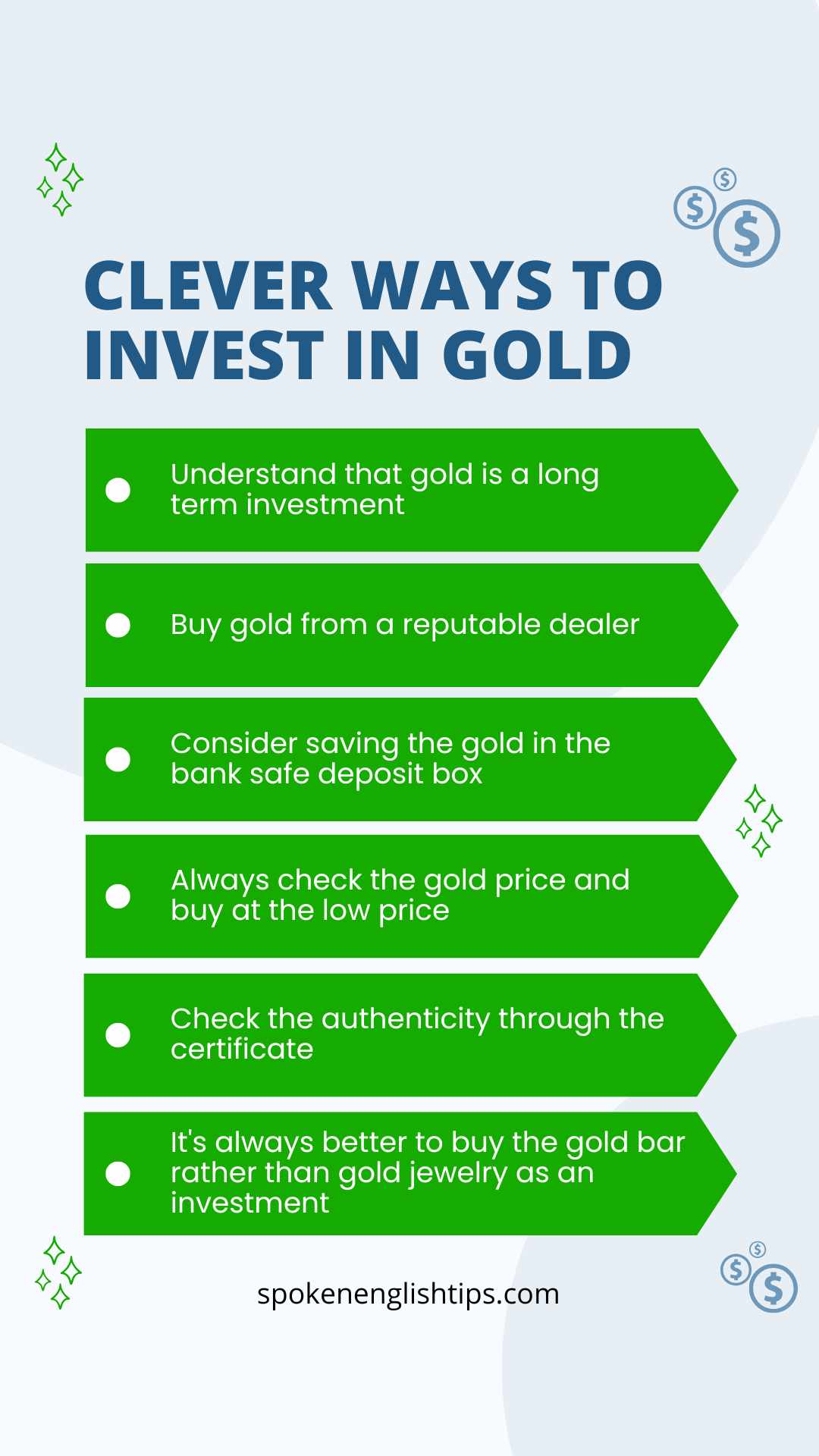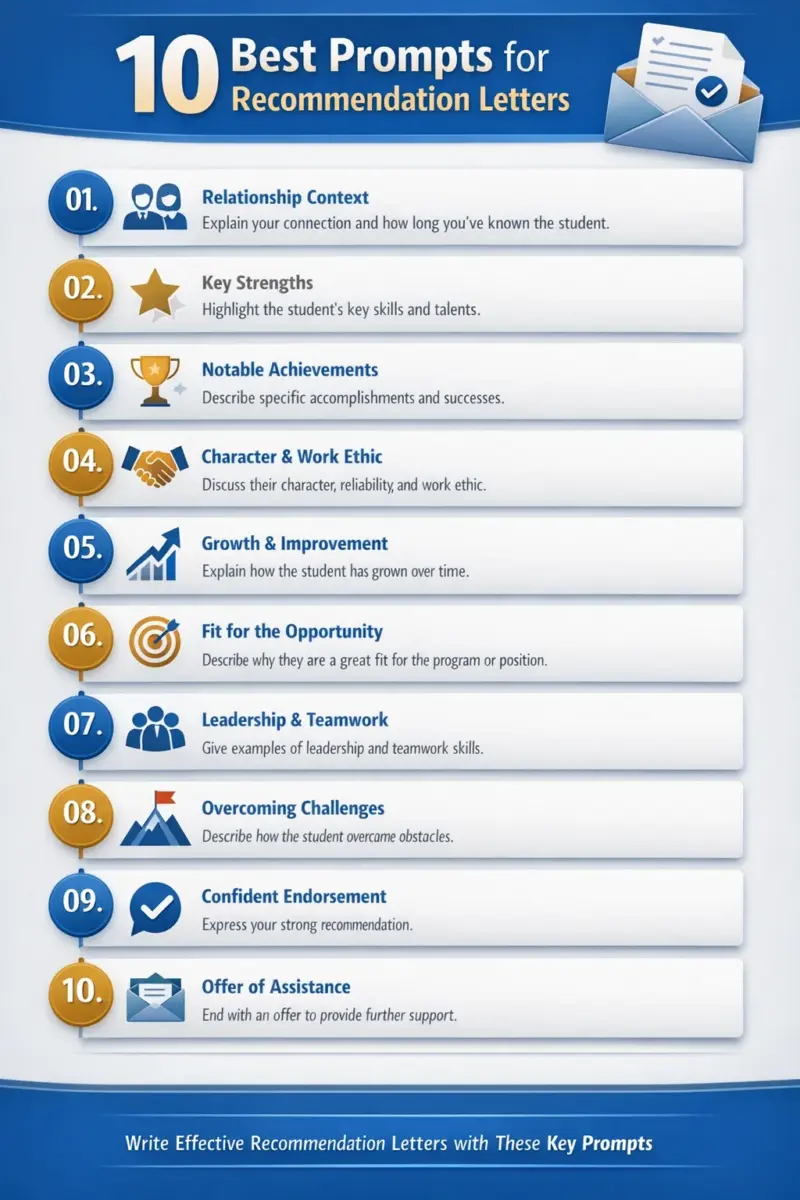Are you trying to make your money grow? If yes, you are not alone. Many people feel the same way. Today I gonna show you Financial Planning Tips to Better Your Finances
Money does not bring happiness by itself. But when you don’t have enough, life feels heavy. Even small things become hard.
That is why learning about money is so important. It helps you feel more in control. It helps you live with less stress. And it helps you enjoy your life more.
I know this because I learned the hard way. I used to spend without thinking. I thought tomorrow would always fix today. But one day, I looked at my bank account, and it scared me. I had no plan. I had no savings. I only had regret.
So I made a decision. I decided to learn. I started small. I read, I watched videos, I asked questions. I made mistakes. But slowly, I got better.
Now, I want to share what helped me. These are not magic tricks. These are simple things that work. And you can do them too.
18 Ways To Better Your Finances At Any Age

Making Money
How To Grow Your Money Life
1. Find Ways To Make More Money
Every day is a good day to earn more. Let’s think about how.
You can ask your boss for more money. If you work hard, you should be paid well.
You can try to move up at your job. Take more tasks, and you may get more pay.
If you are paid by the hour, work more hours. Try to get overtime if possible.
You can also change jobs. Some places will pay more for your skills.
Some people have more money because they always look for ways to grow. Others do not. Which one will you be?
2. Try To Make Money In Different Ways
There is not just one road to money. There are many.
Maybe your husband or wife stayed home with the kids. But now the kids are older. Maybe both of you can work now.
Maybe you know how to fix things, build things, or teach something. You can do small jobs for other people and earn more.
If you have a good idea for a small business, start slow. Work on it after your main job. A little side job can help a lot.
3. Make Money While You Sleep
This is called passive income. It means money comes in without you working all the time.
Some people rent their car when they are not using it.
Some people rent a room in their house. Or they rent a home they are not living in.
Some people put their money into stocks or other things that grow over time. These can give you more money later. We’ll talk more about this soon.
4. Make A Budget And Watch It Every Month
Every month, plan how you will use your money.
Break your money into groups like:
Rent
Electricity and water
Food
Bus or car
Fun
Trips
At the end of the month, check how much you spent. Did you follow your plan?
If you spent too much, it’s okay. Learn and try again next time.

5. Live In A Smaller Home If You Can
A big house can cost too much. Rent or loans, water, heat, taxes—these add up fast.
Ask yourself, “Do I really need this much space?” If not, think about moving to a smaller place. It can save you a lot.
6. Don’t Spend Too Much On Cars
After housing, cars take a lot of money. But it’s easy to spend less.
Keep your car as long as it runs well. Fix small things.
When you do need a new car, don’t buy a new one. A used car can work fine and save money.
New cars lose value fast. After one year, they are worth much less.
7. Look At Your Car Insurance
Every few years, ask other companies how much they would charge. They may offer a better deal.
Check your insurance details. If your car is old, maybe you don’t need full coverage anymore.
Also, if you raise your deductible, your monthly cost will be lower. Just make sure you have savings in case you need to pay that deductible.
8. Check Your Other Insurance
Insurance is like a safety net. You don’t want too much, but you don’t want too little.
Think about these:
Home and car insurance
Life insurance, if someone depends on your money
Extra coverage, if your home is worth a lot
Health insurance, for doctor bills
Disability insurance, in case you can’t work
Long-term care insurance, for later years
Only buy what you need. Protect what really matters.
9. Spend On What You Love
Not everything needs money. But some things do.
What do you care about most? Food? Travel? Family time? Music? Save for those things.
Cut back on what you don’t care about. Spend with your heart, not with habits.
10. Build An Emergency Fund
Life can be hard. A sick day. A broken car. A leak in the roof. You need money ready for that.
Try to save 3 to 6 months of living costs. Put this money in a savings account that earns a little extra.
Only use this money for real needs. Not for fun. Not for shopping.
11. Make A Plan To Pay Off Debt
Debt is heavy. You feel it every day.
Make a list of what you owe:
Credit cards
School loans
Car loans
Other loans
Pay off your credit cards first. Then pay the rest one by one. Every time you pay something off, you feel free.
12. Use Your Work Retirement Plan
If your job offers a plan for saving money for the future, say yes.
Put in money every month. Many jobs will also add money for you. Don’t miss this chance.
Talk to the people at your job and ask how to join.
13. Open A Retirement Account If You Don’t Have One
If your job doesn’t offer a plan, you can still save for later.
Open an IRA. There are two types—Roth and Traditional. Both are good in different ways.
Saving for the future is a gift to your future self.
14. Use A Health Savings Account If You Can
This is special. It’s for health costs, and it helps you save on taxes too.
You can use the money now for doctor bills. Or you can save it for later.
If you use it the right way, it grows without taxes.
15. Invest When You’re Ready
After you save enough for safety, think about investing.
Open a brokerage account. You can buy stocks or ETFs. These can grow your money over time.
Start small. But start.
16. Choose Your Investments With Care
Don’t put all your eggs in one basket.
You can use a mix like this:
Cash – 10%
Bonds – 20%
Real estate – 20%
Stocks – 50%
Stocks and homes can go up and down, but they grow best over time.
Cash and bonds are safer but grow slowly.
Choose what feels right for your age and heart.
17. Pick Investments That Bring Money In
Some stocks give you money every few months. These are called dividend stocks.
They pay you just for owning them. You also get growth over time.
This is a great way to build income for your future.
18. Check Your Investments Once A Year
Once a year, look at where your money is.
Ask:
What do I own?
Why do I own it?
Do I still feel good about it?
Make sure your plan still fits your life. Adjust if needed.

Final Thoughts
You can grow your money life. Step by step. Day by day.
Start by:
Earning more
Spending less
Saving better
Planning for the future
Money can be a tool for peace, not stress. Use it wisely. You are in control.


